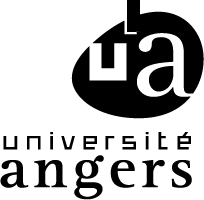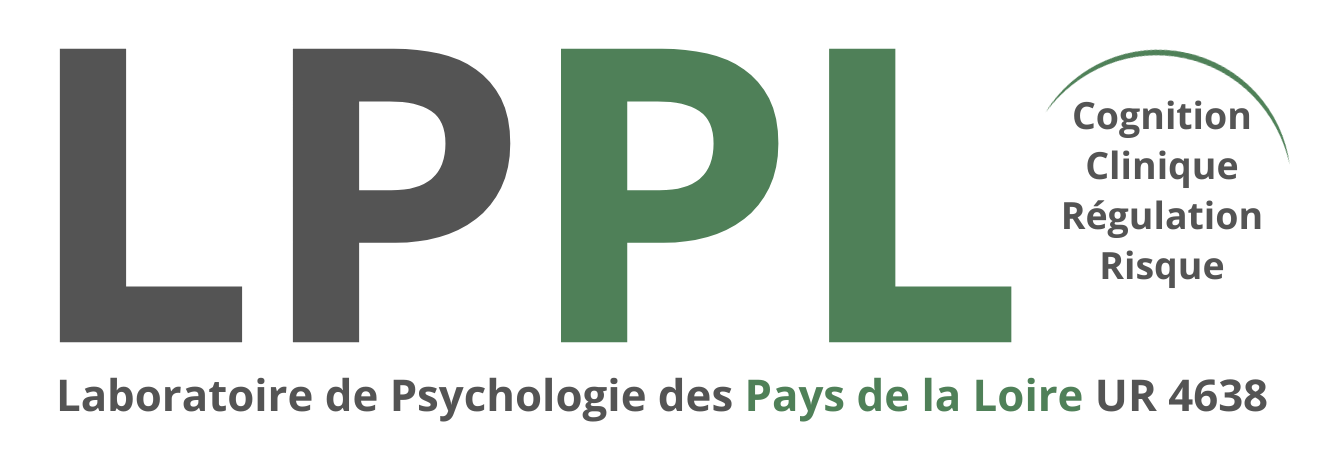Line of inquiry 1 - Cognitive and behavioural regulation
The objective of the “Cognitive and behavioural regulation” line of inquiry has been to study how knowledge is regulated by the various ways in which psychological skills come to the fore, from a lifespan perspective (from childhood to old age) as well as in intercultural and cross-cultural terms, taking account of certain aspects which are likely to reveal variations in these mechanisms [such as biological vulnerabilities (metabolic, genetic, neuropsychological, etc.) or individual characteristics (e.g. personality traits)]. Given that knowledge, shared practices, experiences and the ability to question are all potential tools for cognitive and behavioural regulation, two avenues of thought have been developed to examine the mechanisms at work in healthy subjects (regulation/deregulation) as well as in patients (dysregulation):
Knowledge and action:
The purpose here has been to think about how knowledge is managed and used in different cognitive contexts. Considering the laboratory’s skills and expertise, these questions have been examined in terms of episodic memory use as revealed by the main research paradigms used to study false memories (Corson & Verrier, 2013; Gallo, 2006; Loftus, 2005), object use within the framework of the technical reasoning model developed by the laboratory (Le Gall, 1998; Osuriak et al., 2013), and certain executive skills (problem-solving, risk-taking, planning), in an effort to build on the work already carried out (Aubin et al., 1994; Besnard et al., 2011, 2014, in press; Allain, 2013; Roy et al., 2015).
Knowledge and social cognition:
The purpose here has been to think about how knowledge is managed and used in different social cognitive contexts. The laboratory’s expertise has enabled us to question the processing of emotions, the regulation of emotions and the theory of mind, and the question of social interactions in the context of potential collaborations between neuropsychology and social psychology. The conceptual frameworks which have served as a basis for our research are those put forward by Abu-Akel and Shamay-Tsoory (2011), Keysers and Gazzola, (2007), or Wood and Grafman (2005).
The methods applied for the first line of inquiry have been quantitative for the most: experiments, series of tests, questionnaires, localisation and size of lesions, measurement of brain activity.



